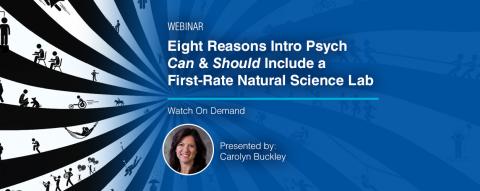
The Intersection: Where Personal History and Professional Growth Collide
Hear how one woman’s family history has fueled a quest to help others find power over addiction.
Are you or someone you love struggling with substance abuse and addiction?
Taking a multidisciplinary / holistic approach may be the most effective option for their treatment.
Why a Holistic Approach?
Psychological resiliency can facilitate personal growth, time management, cultural viewpoints, and positive outcomes. A holistic approach also considers the biological components related to addiction. Individuals with a genetic predisposition to substance abuse need an array of other positive coping mechanisms, as well as resources, to break the cycle of addiction. Examining the biopsychosocial model can provide a foundation to treat those struggling with addiction. By examining both nature and nurture aspects versus one or the other, there is hope for a positive outcome for these individuals.
A variety of healthcare professionals, counselors, psychologists, and clinicians are becoming aware of how psychosocial, environmental, and societal factors are extremely influential for those who are dealing with substance abuse addiction. Throughout my teaching, research, and writing, I express freely that I foster a positive psychology approach in combination with other alternative therapies. I state freely without reservation that I value and adhere to a person-centered, multidisciplinary, and multiculturally competent approach in the rehabilitation counseling profession. Furthermore, I believe that by implementing a strategic, yet empathetic, treatment modality, individuals can feel safe and establish a trusting relationship with counselors.
My own personal pursuit to find answers, meaning, and the etiology for what may cause addictive behaviors has been the premise to my research and writing in academia. Furthermore, my desire to conceptualize how a multidisciplinary approach can be impactful is an approach further recognized in the counseling field as well as other human service disciplines. As my journey to examine substance abuse addiction continues, I encourage others to take a holistic view to understand how social, cultural, neurobiological, and psychological factors are all key components to understanding the etiology of addiction.
My personal story has been the springboard to my strong passion to study the addiction field. I grew up in a family that valued, encouraged, and often justified alcohol use as the normal culture around all familial, professional, and social events. However, recognizing that everyone has their own story is key to connecting with others, which is an important step in recovery. Community, social support, and real life connections are a few positive and healthy ways to support others who are coping with substance abuse and addiction.
Looking Forward
As I progress professionally and personally, my intentions are to continue to inform and translate my own research and knowledge to all individuals who are enthusiastic to understand the etiology, consequences, and treatment approaches to assist individuals with substance abuse and addiction. Providing real-life strategies and tips for counselors to utilize in their therapeutic sessions is one way that I exemplify my passion in my professional development. In order to move forward with a progressive approach, we must step out of our comfort zones and examine what is happening in our world today related to substance abuse and addictive behaviors. If there is anything that I have learned throughout my own journey, it is to always be be raw and genuine when discussing the addiction topic. Although it may be uncomfortable, it is necessary to not hide, and more importantly, know how can we make a positive change in society. My hope is that I can foster feelings of safety in others enough to implement healthy and proactive strategies that benefit both individuals and our society as a whole.
“And the day came when the risk to remain tight in a bud was more painful than the risk it took to blossom” – Anais Nin
About the Author: Michele Mahr has a PhD in Rehabilitation Psychology and is the author of Research and Strategies for Counselor Educators: Modern Approach to Substance Abuse and Addiction, published through Kendall Hunt.



